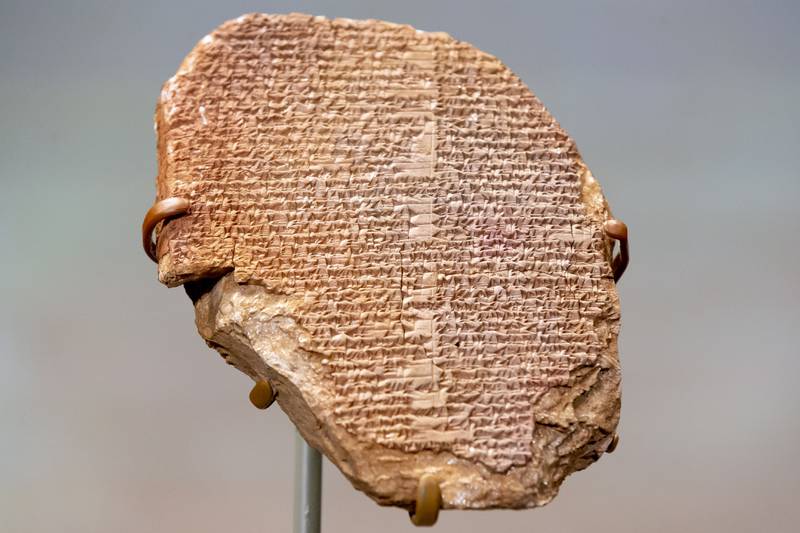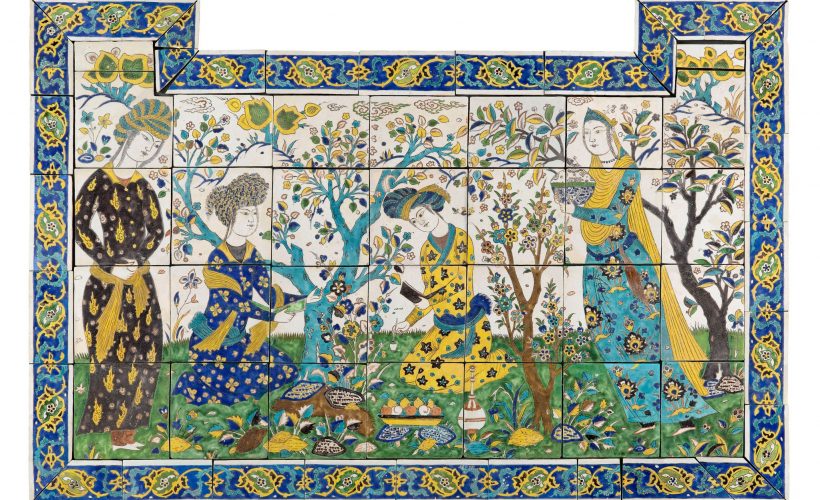History & Heritage
9.24.2021
The “Gilgamesh Tablet”, a Mesopotamian treasure returns home

It is a beautiful end of adventure for the Gilgamesh tablet. After being taken to the United States in 1991 during the first Gulf War, this 3,600-year-old Mesopotamian wonder has finally been returned by UNESCO to Iraq, its country of origin!
A historical jewel
The Gilgamesh Tablet is a piece of clay with cuneiform characters of a now extinct Semitic language once spoken in Iraq and the Near East.
Despite its small size, the tablet is of immense value. Indeed, considered as the oldest literary work of mankind, it narrates the adventures of a powerful Mesopotamian king in search of the filter of immortality and gives a romanticized vision of the ruler.
Today, this tablet is forming the basis of the first legends of Gilgamesh, dated to about 4,000 years ago.

A victory for UNESCO’s organization
This marks the end of a long journey for the relic.
Stolen in 1991 from an Iraqi museum when the country was facing the first Gulf War, the tablet was then “fraudulently introduced into the American art market in 2007”. In 2014, it was then acquired by the retailer Hobby Lobby for $1.67m and displayed in its Museum of the Bible in Washington D.C. before being seized by the country’s judicial authorities in 2019.
For the organisation’s director general, Audrey Azoulay, this restitution allows “the Iraqi people to reconnect with a page of their history“.
👏 L’UNESCO célèbre une victoire importante dans la lutte contre le trafic illicite de biens culturels : la restitution par les États-Unis de la tablette de Gilgamesh, vieille de 3 500 ans, à l'Irak.
➡️Pour en savoir plus : https://t.co/YqAn2ev2xS pic.twitter.com/QKA6VtCnOp
— UNESCO en français (@UNESCO_fr) September 22, 2021
One restitution among many
For decades now, Iraq has had its antiquities looted through conflict. The 2003 US invasion was no exception. In 2017, Interpol stated that “over the past decade, the world has witnessed an alarming increase in the destruction of cultural heritage due to armed conflict”.

But restitutions have been accelerating for some time to return the legacy of the years to the countries of origin. Last July, the United States returned 17,000 old pieces to Iraq, most of which are more than 4,000 years old.
In the course of 2021, historic and important objects were also returned to the people of Pakistan, Cambodia, Thailand, Nepal and Sri Lanka. These returns were made possible by the good faith of the US judiciary, which was determined to simplify restitution by reforming its domestic legislative framework.
popular

